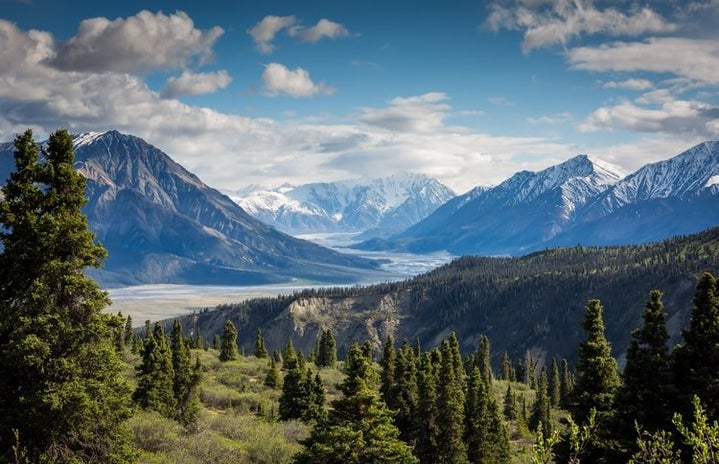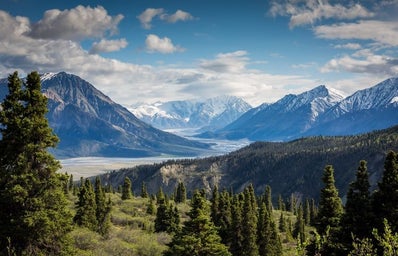The Sixth Extinction gives a clear understanding of what impact people are doing on the ecology and the environment. My initial views on extinction and evolution were superficial. I used to think extinction means that there was no place for improvement after species developed to a certain degree, so it led to degradation. I also had a conflicting thought that evolution was species themselves had continuous development and progress, so they changed. It’s like the facial appearance of modern people is different from those of previous people.
After Reading “The Sixth Extinction” by Elizabeth Kolbert
I discovered that the sixth extinction contains many factors of human activities. The potential factors included were the thermal energy released by the nuclear bomb explosion, human damage to the habitat such as overfishing, and the ocean’s absorption of excess heat and carbon pollution. Kolbert states that coral reefs may be the first extinct entire ecosystem in the modern era. I learned about dinosaurs in the extinction events when I was a child. When I imagined the world we live in was once a habitat for large dinosaurs and flying dinosaurs, it was incredible and exciting to me.
According to The Sixth Extinction by Elizabeth Kolbert, “The mammoth’s grassland has turned into a quagmire, and the fossils of the Elephant bird provide evidence of human slaughter” (2014). We support humanitarianism and live for the impression that human beings are born equal. However, we hurt great auk and other creatures for selfish desire and benefit. We exploit the land, cut down trees, and destroy the habitats of the original creatures for our own benefit. When people discovered that their actions might cause them to be destroyed, they began to pay attention to the movement of ecology and biology. This caused a question in my mind: “Is the sixth extinction we care about is because we are unwilling to destroy our ecological diversity? or we just don’t want to suffer the possibility of extinction?” If we can never empathize with extinct creatures and continue to destroy ecology, we’ll lose the preciousness of being human. We’re at the top of the ecological chain and have the ability to think and socially connect with other people, so we’re higher than many species and must advocate for lower species.
Conclusion
In this book, Kolbert doesn’t only want to tell people that the earth is in danger, but also that the earth needs more love and empathy to maintain the environment and order. Humans have tears and painful emotions, and so do other species. I understand that human beings find it difficult to balance the interests of all parties in their development and progress. Therefore, when choosing the pros and cons, we tend to be more turned on to our own side. I see friendly slogans at schools such as “We welcome people of all races, all genders, and all abilities.” We know we have to respect and love others. In this direction, we can also embrace other species. We are all living things in the same world. As a more powerful species, we should better protect the survival of other living things. If we can value other species and ecology as much as we value family and friends around us, I think many of the existing problems will gradually be improved. Although it is difficult to achieve, I still believe that we have the ability to solve many issues including climate change and global warming.


